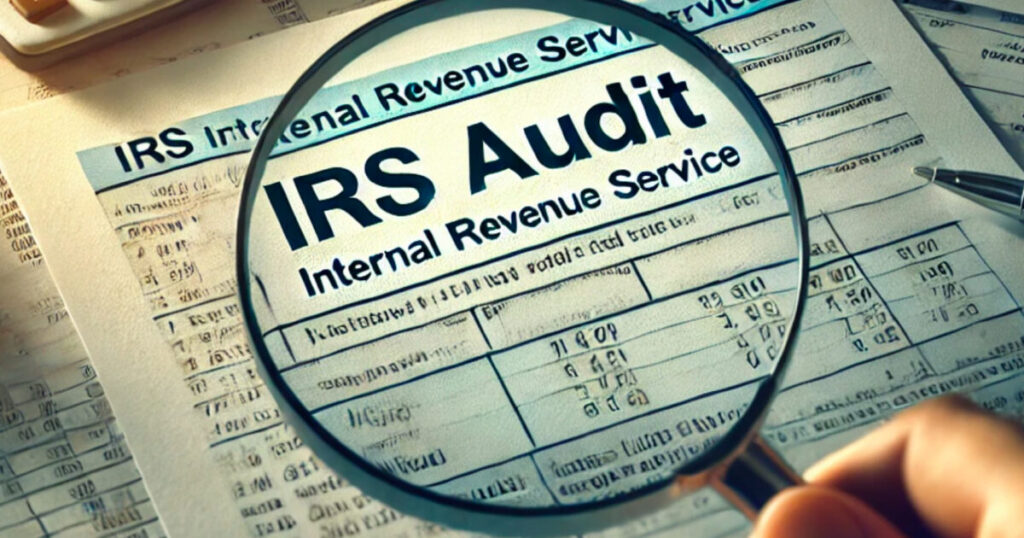In a noteworthy announcement, Elon Musk has divulged that the newly established Department of Government Efficiency (DOGE) will conduct an audit of the Internal Revenue Service (IRS). Through a succinct post on the X platform, Musk reassured followers that this audit is not merely a theoretical exercise but is actively set to take place. This move aligns with ongoing concerns regarding the efficiency and effectiveness of federal agencies, especially those that directly impact taxpayers. While the IRS is subject to annual scrutiny by the U.S. Government Accountability Office, these audits are primarily designed to ensure procedural compliance rather than address the broader issues of waste or inefficiency within the agency.
The backdrop of this announcement is a growing critique of the IRS, particularly under the Biden administration, which has overseen a significant expansion of the agency. This expansion includes an aggressive recruitment campaign aimed at hiring thousands of new employees to improve taxpayer services. Just earlier in the year, the IRS requested an additional $20 billion from Congress to onboard 14,000 more staff members to assist in its operations. This effort comes in the wake of the Inflation Reduction Act, which had previously allocated $80 billion to enhance the agency’s capabilities. Critics argue that these expansions translate to increased pressure on taxpayers, raising concerns about potential governmental overreach and inefficiency.
Musk’s involvement with the DOGE arose from a previous appointment made by former President Trump, who expressed confidence in Musk and fellow entrepreneur Vivek Ramaswamy’s ability to instigate sweeping reforms in federal governance. Trump articulated his vision for DOGE as a transformative initiative, aiming not only to streamline government operations but also to fundamentally change the relationship between federal agencies and the public they serve. He regarded the project as comparable to “The Manhattan Project” and emphasized its critical role in the “Save America” movement, envisioning a government that operates with greater accountability and efficiency, thus better serving American citizens.
One of the central goals of the DOGE is to provide innovative solutions and reforms that dismantle bureaucratic excess. Trump’s remarks suggest a strong focus on cutting down regulations and improving governmental operations through entrepreneurial approaches previously unseen in public administration. He expressed optimism about the potential for Musk and Ramaswamy to implement substantial transformations that would alleviate the burdens placed on taxpayers and eradicate waste within a government expenditure system that reportedly totals $6.5 trillion annually. Through these efforts, the initiative seeks to make the government more participatory and transparent, reinforcing the idea that it should be accountable to the populace.
The urgency and timeline of the DOGE initiative are also significant, with expectations set for the team to finalize their recommended changes by July 4, 2026. This completion date coincides with the 250th anniversary of the Declaration of Independence, framing the efforts as a historic opportunity for rejuvenating American governance. Trump’s confidence in Musk and Ramaswamy’s capabilities indicates a long-term vision for a reformed federal landscape, illustrating the administration’s commitment to an efficient and less cumbersome government that resonates with the ideals of independence and fiscal responsibility valued by many Americans.
As the scheduled start date for the DOGE’s operations approaches on January 20, 2025, the public will undoubtedly be watching closely to see how this plan unfolds and its implications for the IRS and other government bodies. Both supporters and critics of the initiative will be keen to evaluate the effectiveness of such an ambitious effort to streamline government processes. In a time marked by heightened scrutiny of federal efficiency and transparency, the upcoming audit of the IRS by the DOGE stands as a significant endeavor that could reshape taxpayer relations and set a standard for future governmental operations in the U.S.

